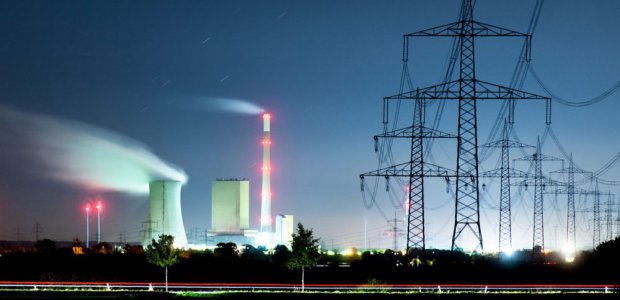The terms set by RAE, the Regulatory Authority for Energy, for Greece’s next NOME auction, postponed by a week for October 25, were published late last night in the government gazette, just in time to avoid further delay.
According to regulations, LAGIE, the Electricity Market Operator, which publishes the auction terms, must do so no later than a week prior to each session. Next week’s auction will be the last for the year.
RAE’s delay in reaching final decisions has created problems for auction bidders, especially smaller firms, as all participants must have secured letters of guarantee from their respective banks in order to take part in the auction.
The value of letters of guarantee issued for next week’s auction will need to be considerably higher given the electricity amount of 718 MWH/h, well above previous auction levels, to be offered on October 25.
All participants need to obtain bank letters of guarantee worth 3 percent of the auction’s total amount, which works out to approximately 600,000 euros each, for the next auction. This represents a greater challenge for participants, especially the smaller players.
As for the upcoming auction’s terms, participants will need to have supplied the Greek market at least 30 percent of electricity acquired at previous NOME auctions in order to be eligible for participation next week.
Some traders have acquired supply licenses to export NOME-acquired electricity amounts to foreign markets offering higher prices.
In 2018, older players – active for at least one year – will need to have supplied the domestic market at least 50 percent of electricity obtained at previous NOME auctions to be eligible for first-half auctions and 70 percent for second-half auctions.
Newer firms – active for less than a year – must have supplied the Greek market at least 30 percent of previous NOME-obtained electricity amounts to take part in both first-half and second-half auctions in 2018.
NOME auctions were introduced around a year ago to offer independent suppliers access to the main power utility PPC’s lower-cost lignite and hydropower sources.





